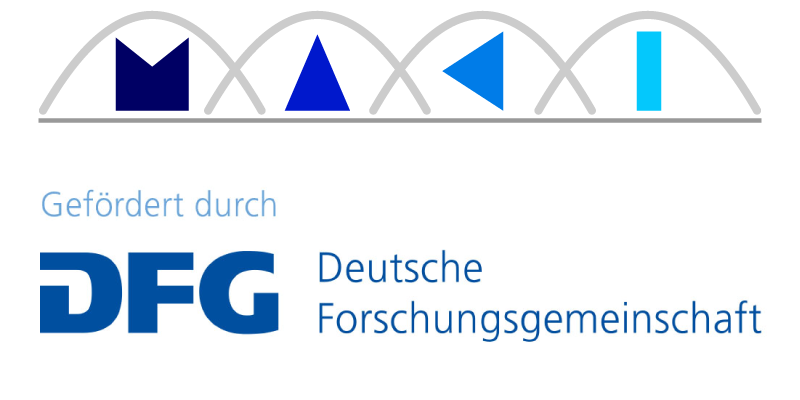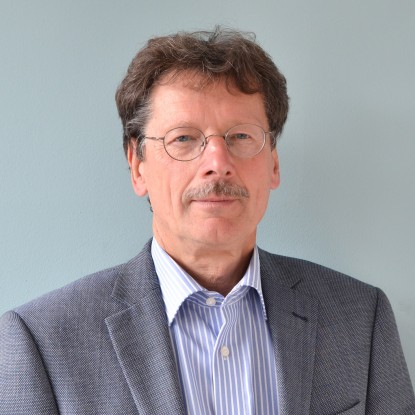| Vortragender | Carsten Binnig (Brown University) |
| Titel | Scalable Data Management for the Future Internet |
| Zeit | Dienstag, 11. Juni 2017 11:00 – 12:00 Uhr |
| Ort |
S3|20 Rundeturmstr. 10, Darmstadt Raum 111 |
| Abstract | |
|
Scalable Data Management has been the key enabler of the current Big Data movement. Without tools such as Hadoop and Spark the ongoing trend toward datafication of almost every research field and industry could never have occurred. This generation of tools has been enabled by cloud data centers that provide large amounts of commodity machines for compute and storage in a centralized manner. However, driven by the needs of modern applications for the future internet we can observe two architectural shifts: First, data centers provide more and more specialized hardware to better support modern workloads. Second, decentralized architectures are becoming more and mroe important to integrate the increasing compute- / storage-capacities of end-user devices and networks. As a result, I argue that the design of Big Data tools has to be revisted to better leverage these architectural shifts. In the first part of my talk, I will walk you through the different research protoypes for Big Data tools that I have been building with my group in the past years along these architectural shifts. In the second part, I will then dicuss potential future avenues of my research and connect these goals with the roadmap of MAKI. |
|
| Bio | |
| Carsten Binnig is a Full Professor in the Computer Science department at TU Darmstadt and an Adjunct Associate Professor in the Computer Science department at Brown University. Carsten received his PhD at the University of Heidelberg in 2008. Afterwards, he spent time as a postdoctoral researcher in the Systems Group at ETH Zurich and at SAP working on in-memory databases. Currently, his research focus is on the design of scalable data management systems for modern hardware as well as modern workloads such as interactive data exploration and machine learning. He has recently been awarded a Google Faculty Award and a VLDB Best Demo Award for his research. | |
SFB 1053 MAKI

Carsten Binnig
Carsten Binnig



